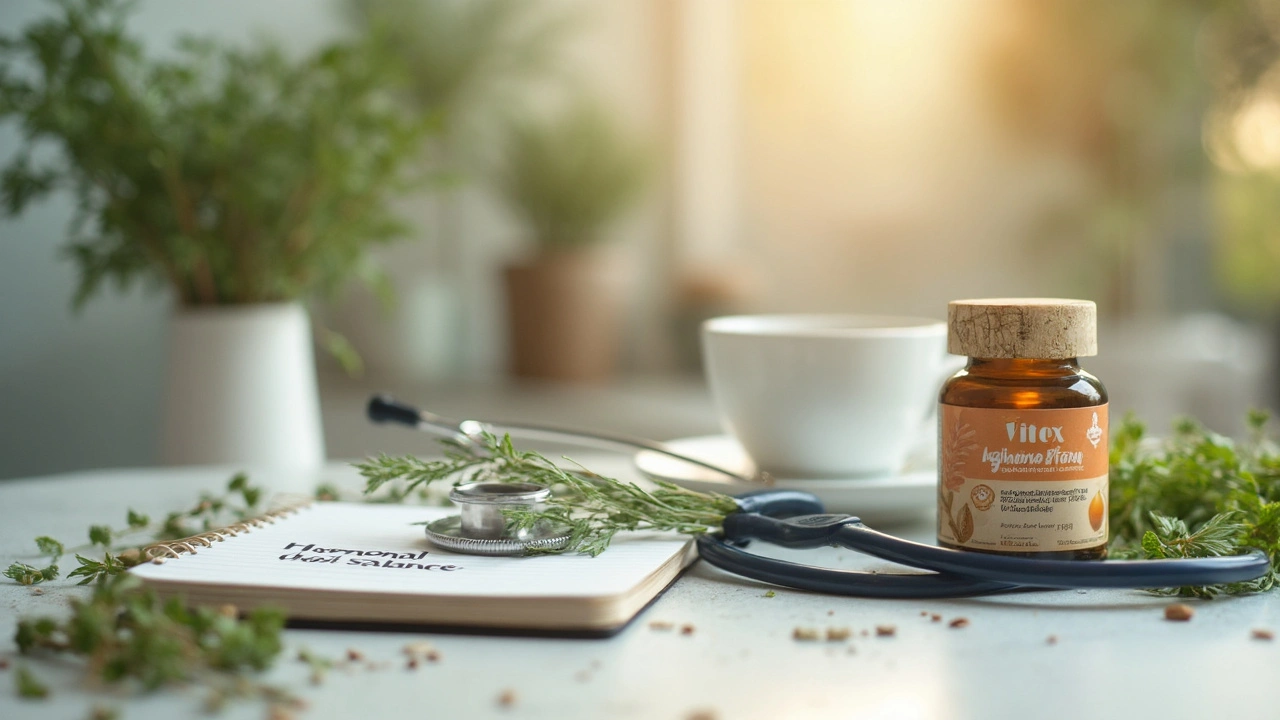Herbal Supplements: Affordable Natural Health Boosts
If you’re looking for a cheap way to give your body a boost, herbal supplements are worth a look. They’re made from plants, so you get vitamins, minerals, and active compounds without a big pharmacy bill. The best part? You can start with one or two items and see how you feel, instead of buying a whole range you might never use.
Why Choose Herbal Supplements?
Herbal supplements often come from fruits, leaves, or roots that have been used for centuries. Because they’re natural, many people find them easier on the stomach than synthetic pills. They also tend to have fewer fillers and artificial colors. For a tight budget, you can pick a single herb that targets your main need—like graviola for antioxidants or chicory for gut health—rather than a multi‑ingredient formula that costs more.
Safety matters, though. Not every herb is safe for everyone, and dosage can vary. Always read the label, check the recommended daily amount, and talk to a pharmacist if you’re on prescription meds. A quick check for interactions can prevent unpleasant surprises.
Top Picks and How to Use Them
Graviola (Soursop): This tropical fruit is popular for its antioxidant power. People take it as a powdered capsule or sip it in tea. Start with a half‑capsule a day and see how your energy feels. If you notice stomach upset, cut back or switch to a tea format.
Chicory Inulin: Inulin is a prebiotic fiber that feeds good gut bacteria. You can add chicory root powder to your morning coffee or sprinkle it on oatmeal. A teaspoon a day can improve digestion without adding many calories.
Wormwood: Known for supporting digestion and occasional parasite concerns, wormwood is strong, so a tiny amount goes a long way. A few drops of a standardized extract in water is enough. Don’t exceed the recommended dose, especially if you’re pregnant.
When you buy, look for reputable online pharmacies or local health stores that list third‑party testing. Sites that show a Certificate of Analysis (COA) give you confidence that the product contains what it says.
Putting a herbal supplement into your routine is simple. Pick a time—morning with breakfast or evening with dinner—when you won’t forget it. Keep a small notebook of how you feel each week; that way you can spot improvements or side effects early.
In short, herbal supplements can be a cheap, effective way to add extra nutrients to your diet. Choose one that matches your goal, check the dosage, and watch how you feel. With a little trial and error, you’ll find the right natural boost without breaking the bank.

Vitex Agnus-castus for PCOS: Benefits, Risks, and Real Evidence
Curious if Vitex Agnus-castus can actually help with PCOS? This article gives you a deep dive into how this time-tested herbal supplement might affect symptoms of polycystic ovary syndrome. It looks at what real research says, what people are experiencing, and whether Vitex is really worth trying for hormonal balance. You'll also learn practical tips, possible side effects, and what to consider before reaching for this supplement. Hear from both the science and the stories behind this fascinating herbal remedy.

Herbal Supplements in Managing Genotype 3 Hepatitis C
Exploring how herbal supplements can play a role in managing Genotype 3 Chronic Hepatitis C. With traditional treatments often causing significant side effects, many patients are turning to complementary therapies. This article delves into which herbal remedies have shown promise, how they work alongside prescribed therapies, and tips on integrating them safely. By understanding the synergy between plants and medicine, patients may find enhanced relief and improved liver health.




